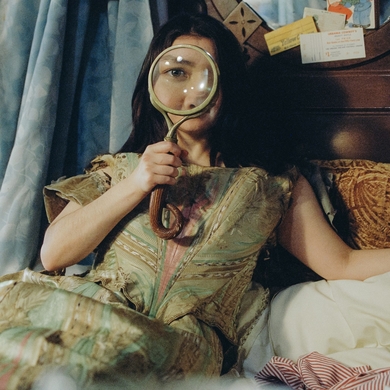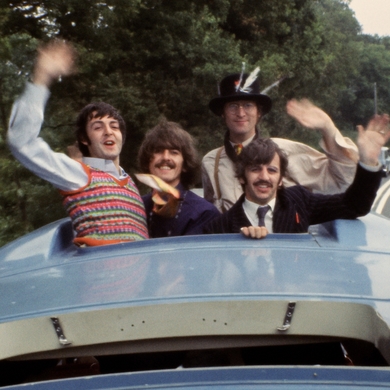In 1774, Louis XVI was crowned king of France. That same year, his queen Marie Antoinette welcomed to Paris her former music teacher Christoph Willibald Gluck, the celebrated reformer who sought to strip away the rampant artifice of Baroque opera in favor of ever purer, more distilled expression. His valedictory Iphigénie en Tauride, premiered in 1779, shows Gluck at the pinnacle of his powers. As in Euripides, the Trojan War is history, and the horror saga of the House of Atreus has reached its final chapter. Against all odds, Agamemnon’s long-lost children Iphigenia and Orestes are thrown together on a remote island at the farthest fringe of civilization. Now what? Just as the tragic cycle threatens to start up again, divine grace intervenes. A sudden storm at sea in the score’s opening pages quickly establishes Gluck’s flair for flamboyance. But it is introspection that is his most distinctive mode. To one aficionado of our acquaintance, Iphigénie en Tauride is “music to hang drapes by.” Granted, Gluck places a high premium on decorum. Yet in a capable performance, deceptively limpid episodes can prove shattering. Case in point is the heroine’s “Malheureuse Iphigénie,” a plaint for all the loved ones her family has lost: the soprano’s wide-arching phrases combine with the caressing melody of a solo oboe and the murmurs of the female choristers to pierce the heart. For the rising talent Tamara Bounazou, this could be a breakout moment. The veteran Louis Langrée conducts the first three of six performances; then the sky-rocketing Baroque violinist-conductor Théotime Langlois de Swarte steps in. Wajdi Mouawad directs. —Matthew Gurewitsch


